I was invited by Disney/Marvel to attend the #BlackPantherEvent. All thoughts and opinions are my own.
When I first seen that Forest Whitaker was going to have a role in Black Panther I was excited. I remember first seeing Forest Whitaker when he played Charles Jefferson, a high school football star on Fast Times at Ridgemont High in his early twenties. Last week we had the opportunity to sit down with Forest during the Black Panther Press Conference for an exclusive interview about his role in the film.
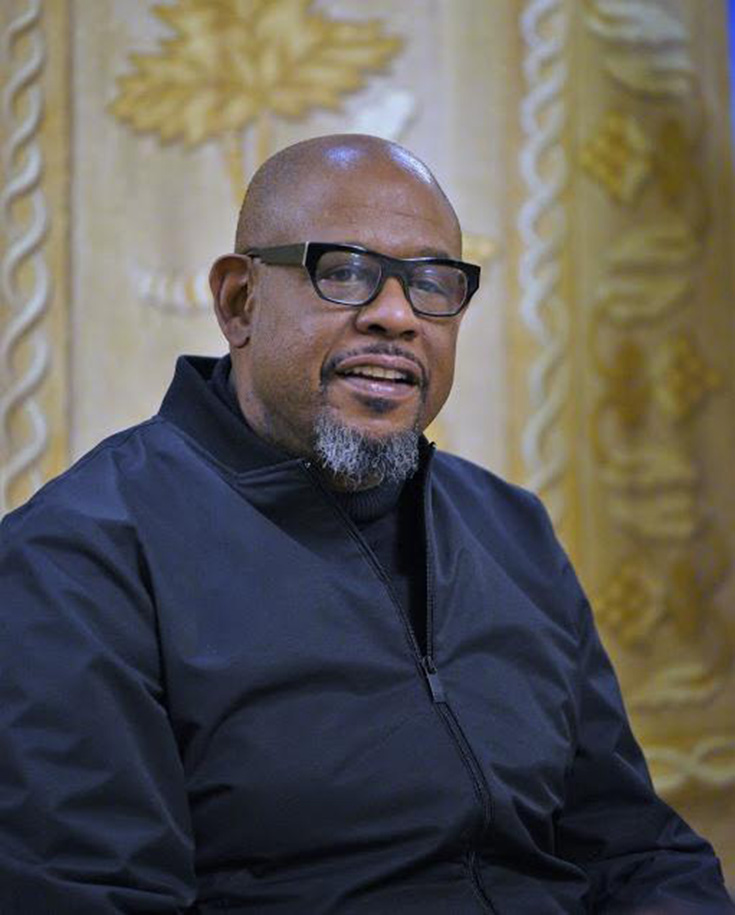
Over the years Forest Whitaker has been a part in many films and TV shows with a long history of working with well-regarded film directors and actors. You will now see him star as Zuri, which I might have to say was the perfect role for Whitaker next week when Black Panther hits theaters everywhere! Below you will find some of my favorite questions during our interview.
What was it like, working on your first Marvel movie?
Forest Whitaker: It was exciting. Because I remember when we were at the Wakanda Falls it was the Warrior Falls, it’s so overwhelming. Because it felt like this hundred-foot waterfall was falling all around us. And this pool of water. And we’re bringing him out, out of this ship, and just, it’s just massive. It’s a very powerful, powerful experience. But when what I did with Chad inside, I really got to the get inside the emotional heart of it, too. So it’s more complete than a lot of other experiences, in some ways, you know.
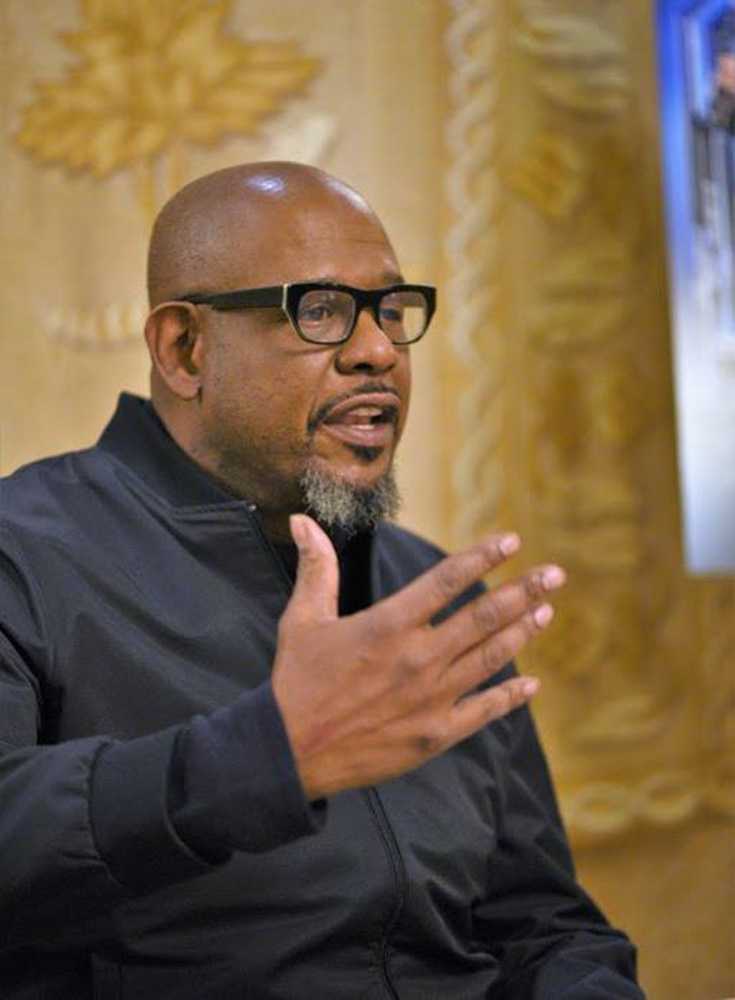
Is there a superstition or a ritual before going into character? Did you always have this sort of smoothness about you?
Forest Whitaker: I guess, I mean I’m always trying to do all the research. I mean, it’s kind of similar, you know. I do the research and I start to study the different people and the things that they do and meet different people and get different voices worked on. And then slowly it just comes together. I don’t know if there’s a magic formula. At some point, I can say, the magic formula for me is, at some point, I just surrender, I just like, say, okay, this is your space, and let’s make it happen and do it. You know, and I believe. And that’s kind of the magic formula I’d want to have.
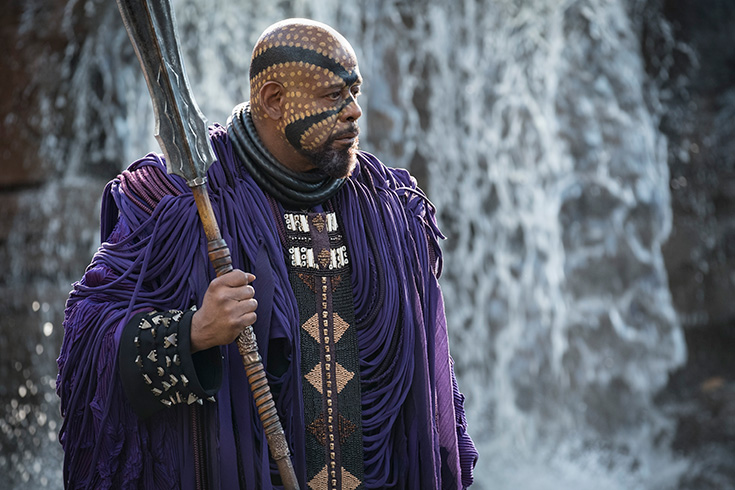
This was very different from the other films that you have been on?
Forest Whitaker: Yeah. It was. It was, I mean I had just finished the film that was kind of about the KKK, and it was a true story, and I was doing all my research and learning about what I needed to know to play this preacher. I studied being a preacher, I studied to understand how to express myself. I can’t compare the two experiences. One was like, him, this guy, trying to like, protect his family in the South, and, like, having to deal with this Klansman that he brings into his home, you know, and so that becomes like, a very tight community. Every experience is really different. Every movie that I do, most of the time, is different, and then when it starts to get too similar, then I know that there’s something wrong.
And if I can’t feel a little fear about it, and I don’t feel like I’m going to change or grow from it, then it’s something wrong. Maybe I shouldn’t be doing it. You know. And then I have to examine the reasons why, whether it’s life, or, you know what I mean? Whatever I might do, the reasons could be.
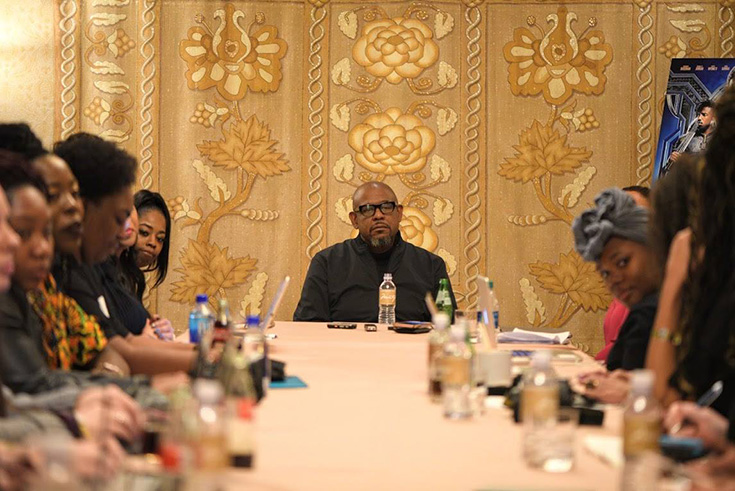
What messages do you hope viewers take away from this film?
Forest Whitaker: I think the one that he ended on the film on, too, which is like, that we are our brothers’ keepers, you know, that we have to, even in our own comfort, be able to reach out and help those and help others is important. One tribe, I think, is important. I think the message of female empowerment, you know, just both physically and mentally, and just the power that that expresses, and I think this message, too, like I say, about Killmonger, like about our youth, and how we’re molded by our environments, and how we have to step in and try to move those things forward.
I think you know, there’s other messages, too, you know. Colonialism. And, you know, all of those kinds of things. Finding your own voice, you know. Empowerment. Because I think the movie, like, deals with empowerment, you know. Particularly for people of color, but for everyone.
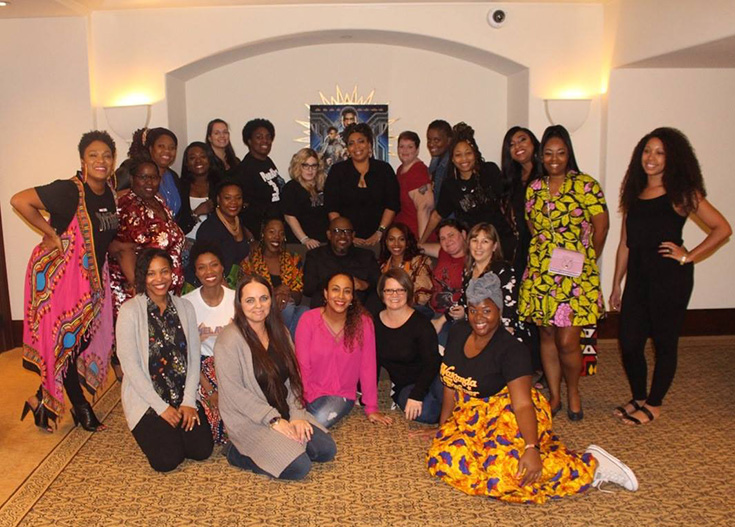
The questions above were just some of the questions that we got to ask. To listen to the entire interview with Forest Whitaker press play below:
Haven’t seen the previews yet? Take a peek at the BLACK PANTHER official movie trailer below:
BLACK PANTHER is in theaters everywhere February 16th!
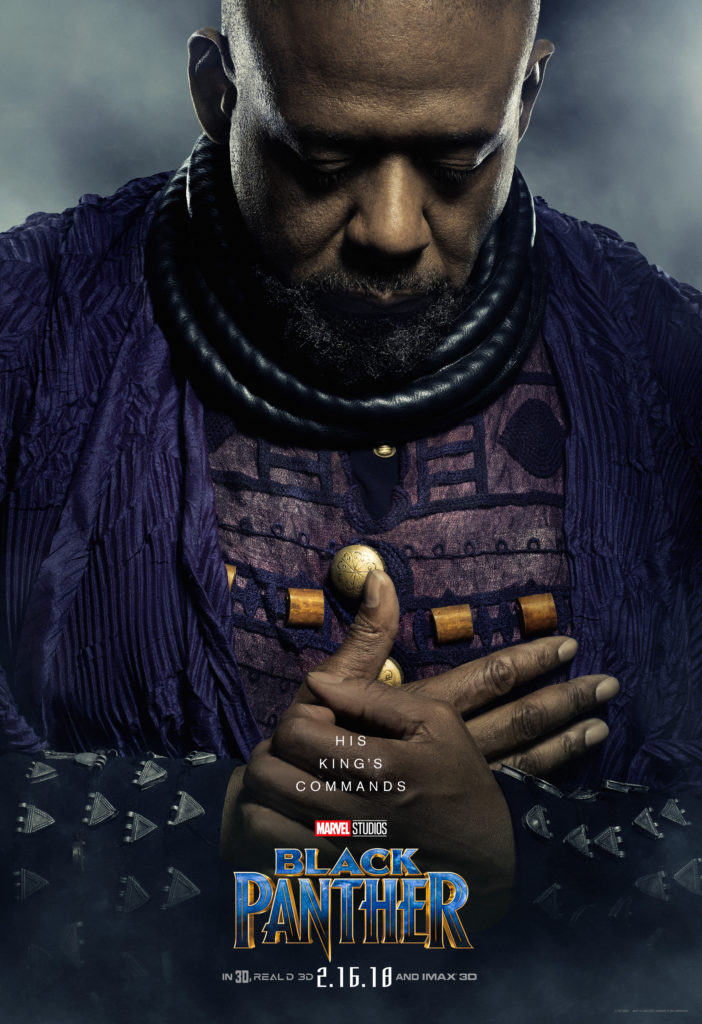
- Like BLACK PANTHER on Facebook: https://www.facebook.com/BlackPantherMovie
- Follow BLACK PANTHER on Twitter: https://twitter.com/theblackpanther
- Follow Marvel Studios on Instagram: https://www.instagram.com/marvelstudios/





Leave a Reply